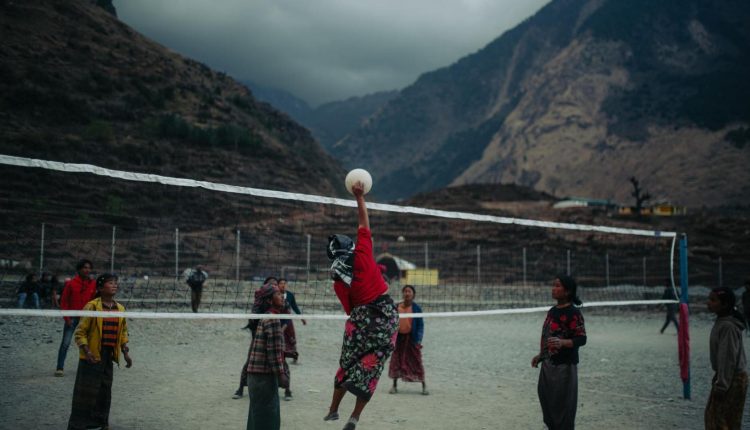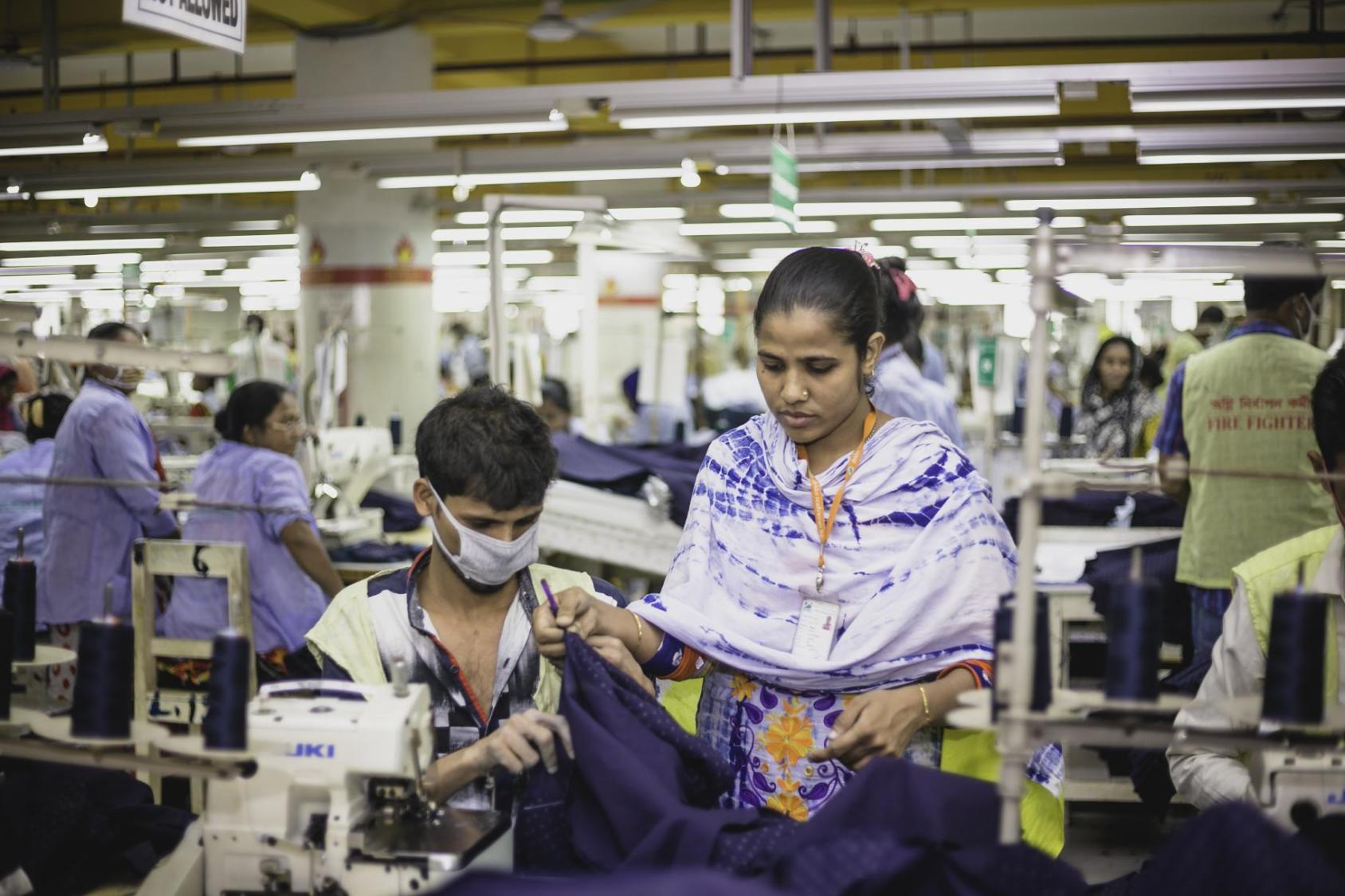Graduating from the category of Least Developed Countries (LDCs) is a milestone moment in a country’s development journey, but it is not always an easy one. Bangladesh, Lao PDR, and Nepal have learnt this the hard way, since the recommendation in 2021 for all three countries to leave this group currently comprising 46 of the world’s most vulnerable countries.
Finalizing preparations for a smooth and just transition, which is now set for 2026, has its own set of challenges, particularly in the areas of trade, intellectual property rights, climate finance, debt relief and grant eligibility.
To overcome these hurdles, graduating countries need to skillfully articulate and advocate for the continuation or extension of some LDC-specific support beyond graduation, including for example, preferential market access and TRIPS (trade related aspect of intellectual property rights) waivers, which is particularly important in relation to pharmaceutical products for combating public health-related challenges and pandemics. This requires continued engagement and alignment with development partners, including donors, international financial institutions, civil society, and the private sector.
Sharing best practices and fostering regional cooperation among other graduating LDCs is another important step in the path towards smooth transition.
What the UN reform can achieve for graduating LDCS
The challenge of navigating this transition falls on the governments of LDCs, but the technical knowledge and guidance from different parts of the UN development system can help. As outlined in the new DCO Annual Chair Report, the implementation of the UN development system reform in 2019 and creation of independent, empowered Resident Coordinator Offices has made it easier to connect different UN expertise together and respond collectively to the evolving and diverse needs of each country.
For Bangladesh, Lao PDR, and Nepal, the benefits of a coordinated UN development system have unfolded in two important ways.
First of all, at the country level, our respective Resident Coordinator Offices were able to provide comprehensive and tailored support to governments by pulling together expertise from all relevant agencies and translating the vision of the Doha Programme of Action and its renewed commitments pledged at the 5th UN Conference on LDCs last month, into practical implementation on the ground.
The UN has provided technical advice to the relevant national authorities in each country to support the development of Smooth Transition Strategies at the local level. This support has been made possible by the UN agencies on the ground working together as one under the coordination of the RCO, and leveraging the expertise of partner regional or global organisations, such as ESCAP.
At a regional level as well, our teams on the ground have played a key role brokering and supporting inter-governmental collaboration between the three countries. Through regular dialogue and exchanges, identification of joint priorities, and common advocacy messages for the three countries, the convening power of the reformed development system has helped build stronger bridges between these three countries and expand joint work streams.
Tri-lateral discussions on trade related issues were some of the most constructive of these peer exchanges, showing the potential for more joint action and advocacy. Looking ahead, the experiences of peer learning among the three countries’ can also be supported and extended to include other countries and cohorts (16 LDCs) that are at different stages of graduation.
On the margins of the Doha conference, the Prime Minister of Bangladesh, Sheikh Hasina together with Deputy Prime Ministers of Lao PDR, and Nepal Saleumxay Kommasith and Narayan Kaji Shrestha showed what this reformed approach is achieving in practice. During an event co-hosted by the three countries and RCOs, each government showcased progress in preparing Smooth Transition Strategies to tackle the breadth of challenges and opportunities leading up to and that will come with graduation, drawing on support from across the system.
They identified the specific support needed to implement these strategies, articulating a coherent framework. And they delivered a clarion call for action to all international partners on what it will take to successfully manage this transition through an agreed joint statement with 8 specific asks, including support to promote export diversification and flexible access to climate mitigation and adaptation finance. Such measures are critical to helping bridge inequalities, maintain progress towards the SDGs and ensure that no community is left behind in Lao PDR, Bangladesh and Nepal’s graduation process.
Towards a brighter, post LDC future
Graduating from being amongst the least developed countries in the world is a remarkable achievement, all the more so in the current extremely challenging context of the COVID-19 recovery, compounded by a global crisis on food, energy and finance.
As the three countries approach graduation, the people of Bangladesh, Lao PDR, and Nepal can look forward to brighter futures with greater health and education access, and higher incomes. The integrated support to preparing for the transition from being an LDC will help to make the process as smooth as possible.
As we move towards the mid-way point in the implementation of the SDGs and the 2030 agenda, and ahead of the SDG Summit later this year, the success of these three countries in reaching the threshold of graduation and maintaining their commitment to crossing the finish line despite the obstacles, is a source of inspiration for us all.
Their graduation can be a springboard to even greater achievements in their next development chapters, as they translate their potential into prosperity. The UN System and the new generation of independent and empowered Resident Coordinators offer their continued, unwavering support in the road ahead.



Comments are closed.